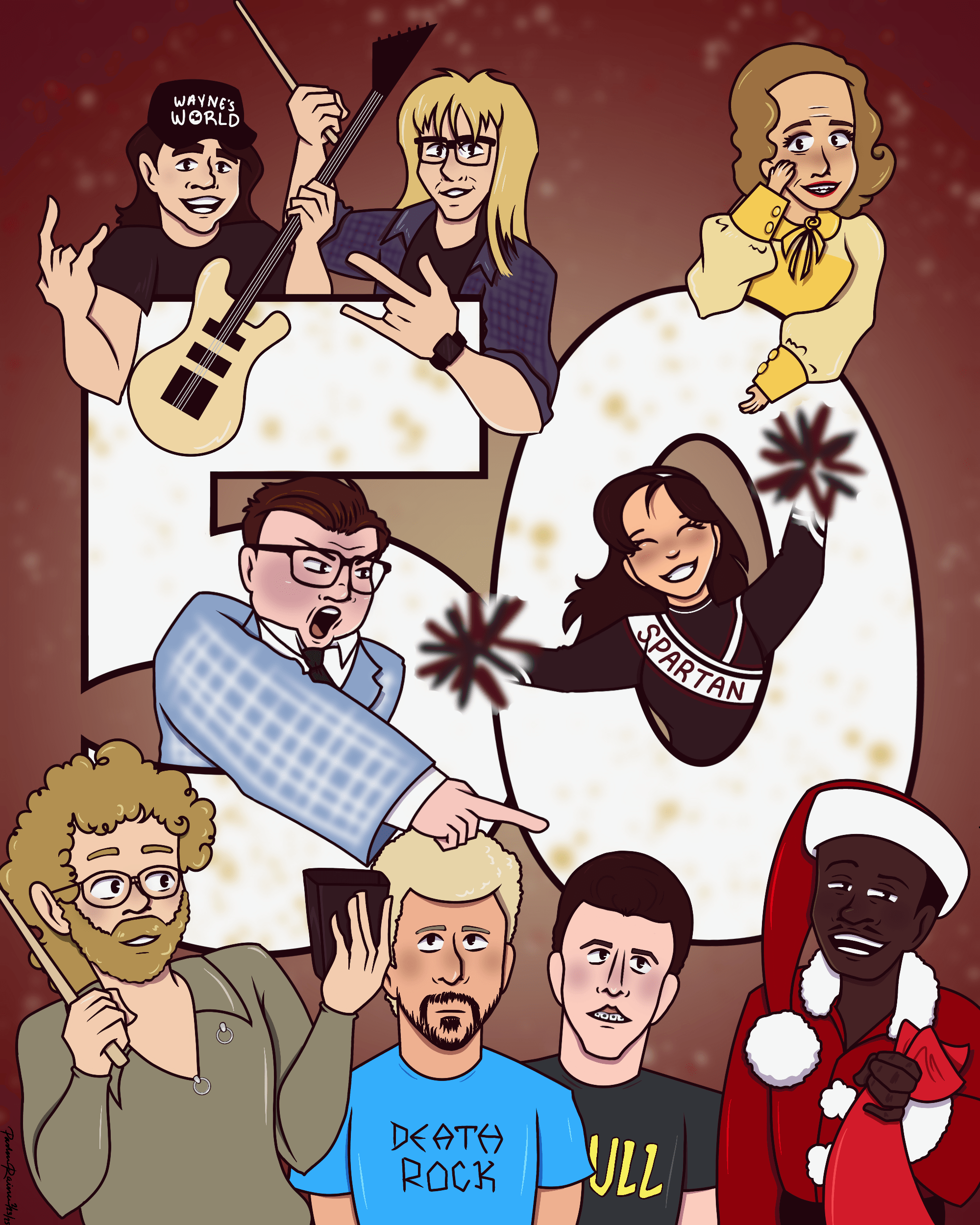“Let’s go see the new ‘X-Men’ movie,” your girlfriend suggests as you pull up to Tinseltown in Benton. While at first surprised that she wants to see a comic book movie, you take full advantage of this rare opportunity, grab some popcorn and make your way to your seat.
Excitement and anticipation sink in as the 20th Century Fox fanfare floods your ears and the “Marvel” comics logo flips down the screen. After enjoying the action fest of “X-Men: Apocalypse” almost a year prior, you wonder what grand cinematic spectacle awaits in “Logan.”
From the opening shots, however, you realize that something is off.
The film begins with the introduction of a weathered, lethargic and washed up Logan/Wolverine (Hugh Jackman) passed out drunk in the front of a limo, an antithesis to his usual sarcastic, feral state. Awoken by outside commotion, he swears, and limps out to find a few lowlifes attempting to steal lugs from the wheels of his vehicle. He tries to settle the matter peacefully, but is quickly shot in the chest and beaten repeatedly by the thugs.
Within seconds, Logan becomes the Wolverine we know and love, except this time director James Mangold pulls no punches. One of the thugs loses his arm. Another is stabbed repeatedly in the stomach, and two have Wolverine’s claws thrust through their heads in spectacular bloody fashion.
You and your girlfriend look at each other in shock, realizing you are in for much more than a typical superhero movie.
In my article, “Dummy’s guide to the Marvel cinematic universe,” I said that it is the age of the cinematic superhero, and this is still very much the case. For some, this is the time to be alive, while others have been bogged down by superhero stories since the first “Avengers” film.
Like it or not, superhero blockbusters are here to stay, which is why small-scale, R-rated films like “Logan” are so refreshing.
The story picks up a mere six years after “X-Men: Days of Future Past,” which saw a dark, post-apocalyptic timeline and the poorly received events of “X-Men: The Last Stand” and “X-Men Origins: Wolverine” rewritten in favor of a new, bright future. In “Logan,” however, Wolverine’s healing factor is wearing off, causing him to age and weaken rapidly. He drives a limo in Texas for funerals, businessmen and partiers alike to pay for medication to treat the neurodegenerative dementia of Professor Charles Xavier (Sir. Patrick Stewart). The X-Men have disbanded, and no new mutant has been born in 25 years.
So, what happened?
The answer, which is revealed in pieces throughout the film, is heartbreaking, yet realistic, much like the film that it’s in. And as stated previously, Mangold’s writing and direction are unhinged. The dialogue is profane, the violence is brutal and the narrative effectively portrays the humanity of its characters.
Jackman and Stewart’s performances are equal contributors. Seventeen years after the first “X-Men” film, and Jackman has never been better as Wolverine. This is partially due to a story element found only in this film: Logan’s mortality. The adamantium that made him into a weapon is slowly poisoning him from the inside out. Both he and Xavier recognize that their days are numbered, which is why when they encounter Laura (Dafne Keen), a young mutant being pursued by the government, it is of the utmost importance to ensure for her a more hopeful future.
In addition to the film’s compelling story and gripping portrayals, its soundtrack – which features the likes of Brooke Eden and Johnny Cash – and original score by Marco Beltrami are impeccable. His compositions are modern, yet simple and eerie. This is exemplified well in the film’s opening moments following Logan’s violent encounter. A lone, desolate piano track can be heard faintly in the background as he wipes the blood from his knuckles and eases the shotgun shells out of his chest and arms.
“You are dying. You want to die,” Laura tells Logan.
“How do you know?” Logan asks.
“Charles told me.”
“What else did he tell you?”
“To not let you.”
As an emotionally-charged conclusion to Hugh Jackman’s Wolverine and a brilliant introduction for Dafne Keen as an actress, “Logan” is a triumph on all fronts. Its success, and the success of its predecessor, “Deadpool” (2016), have paved the way for future down-to-earth narratives in this genre. And in the age of the cinematic superhero, these stories are more than welcome.
by Evan Wheatley, Features editor








